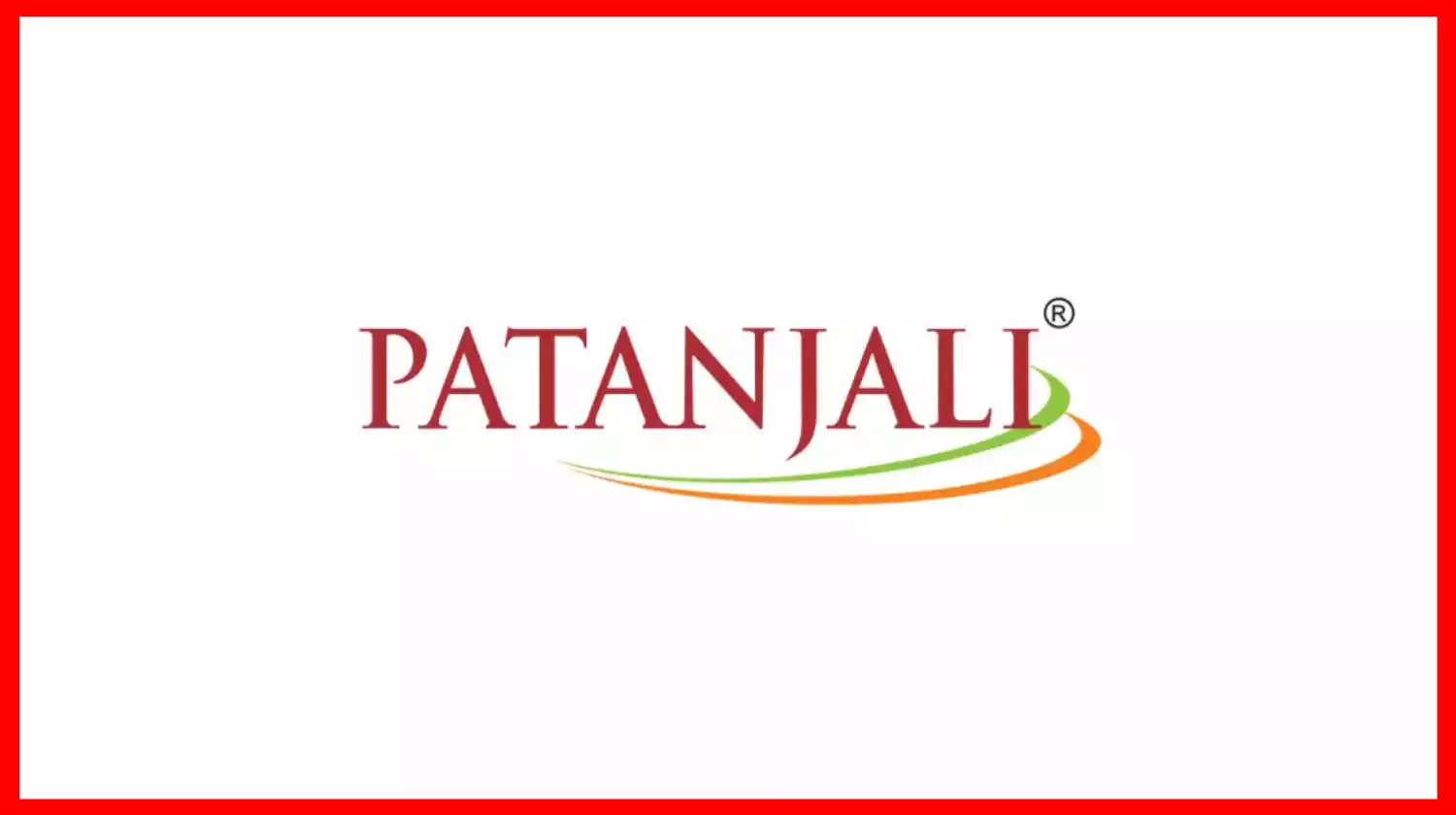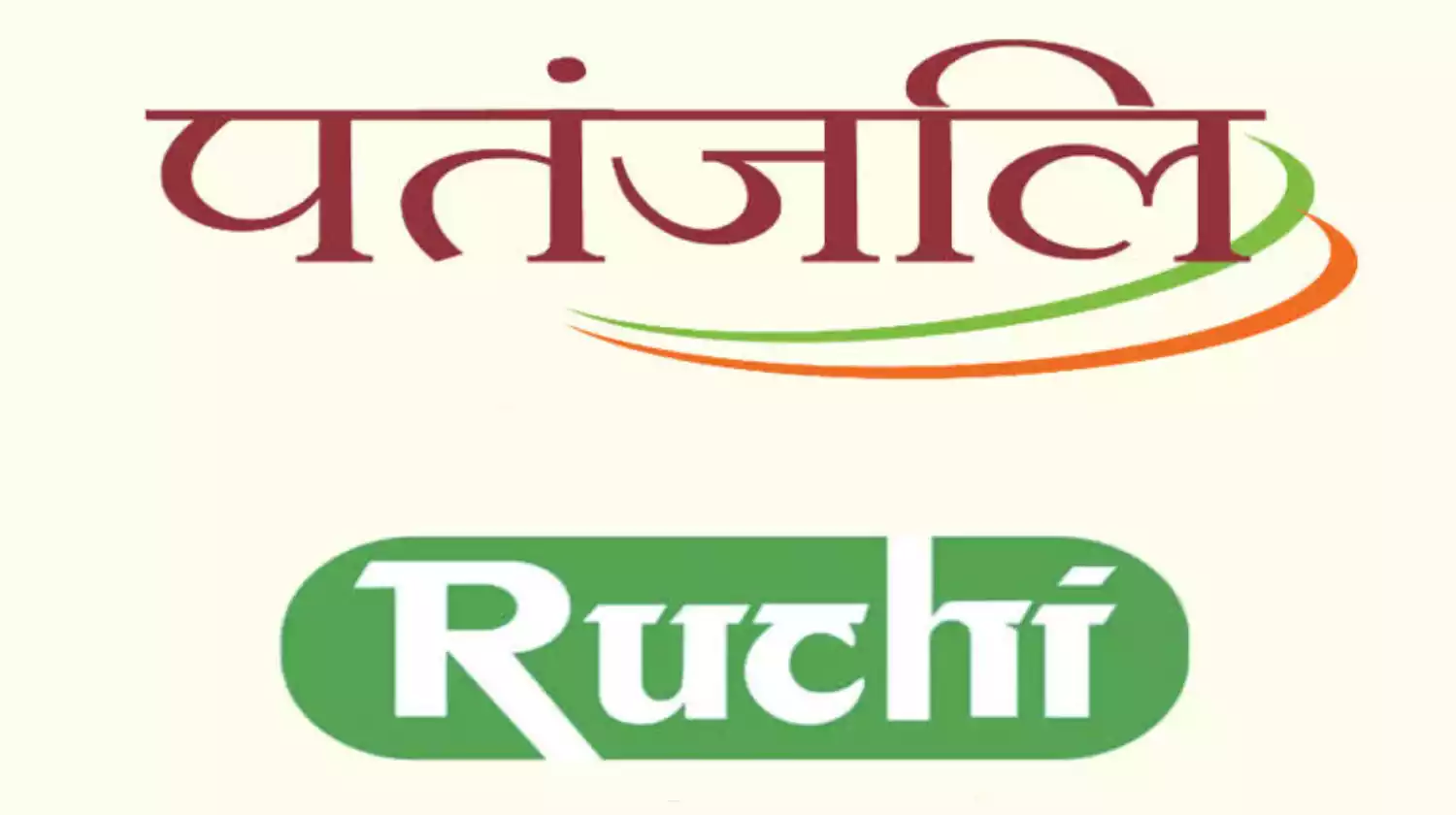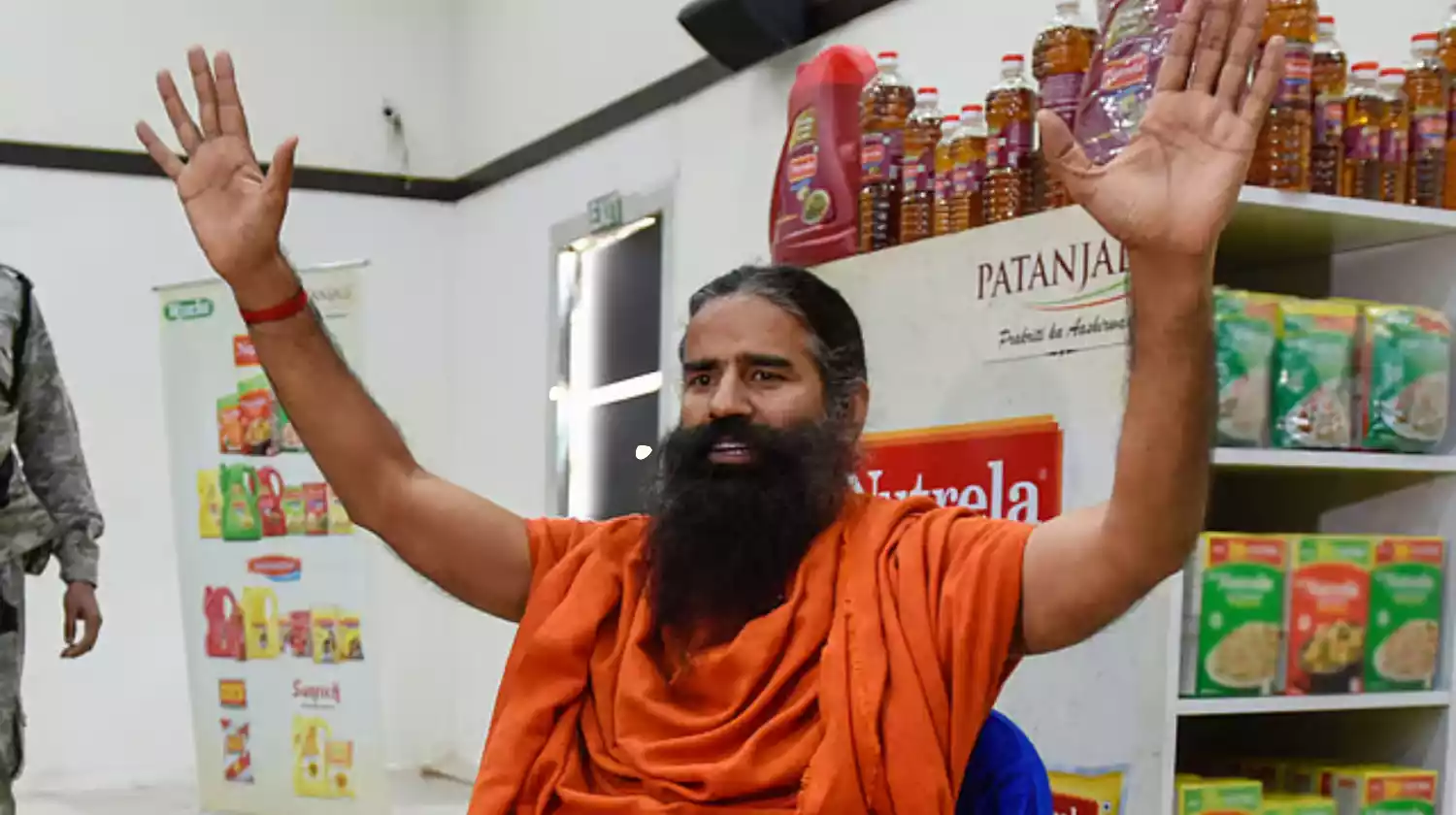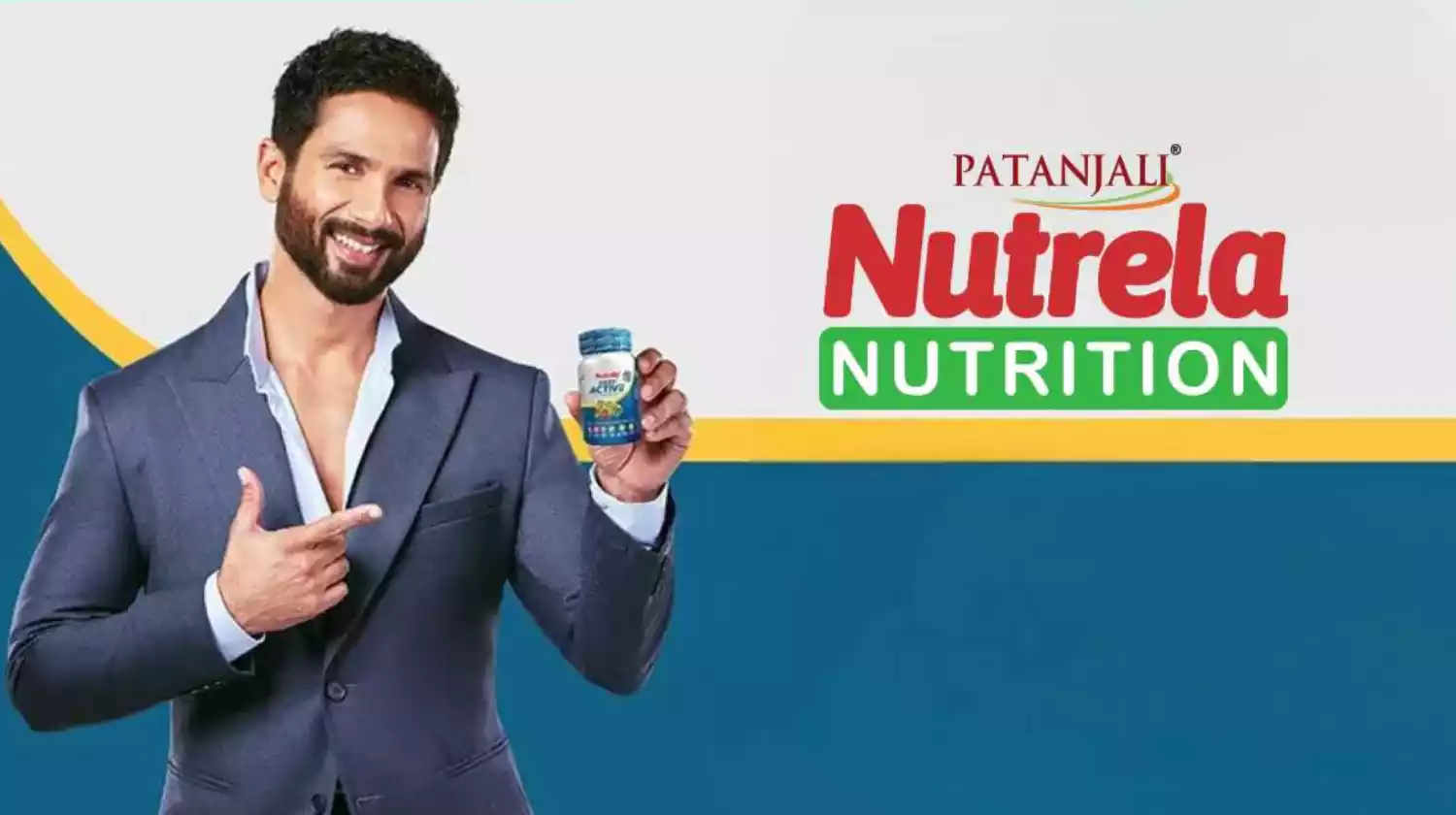Strategy That Set Patanjali Apart
![Patanjali Products patanjali-products]()
1. Ayurveda and Natural Living
Patanjali started by focusing on Ayurveda and natural living. At a time when people were becoming more health-conscious, the brand offered chemical-free and herbal products. This gave people a sense of going “back to roots.” Many families trusted these products because they felt safe, traditional, and closer to Indian culture. The idea that one could choose a natural toothpaste or fluoride instead of a chemical-filled option made the brand stand out right from the start.
2. “Swadeshi” Identity
Patanjali presented itself as proudly Indian. It used the message of “Swadeshi” and self-reliance, which struck a chord with people who wanted to support local products instead of multinational brands. Buying Patanjali became more than just a shopping choice. It became a matter of pride, a way to support an Indian company that claimed to work for the people and the country.
3. Affordable Choices
One of the biggest reasons Patanjali grew so fast was its pricing. Most products were 10 to 30 percent cheaper than other brands. This gave customers affordable choices without compromising on quality. It was not only city buyers who turned to Patanjali. Families in rural and semi-urban areas, who always look for value, quickly became loyal customers too.
4. Word-of-Mouth Growth
Unlike many companies that spend heavily on advertising, Patanjali did not depend on big-budget campaigns in the beginning. Instead, Baba Ramdev’s yoga camps, TV appearances, and large following became the brand’s strongest marketing tool. His influence built instant trust. People believed in him and, by extension, trusted the products he endorsed. This kind of personal recommendation was far more powerful than traditional advertising.
5. Strong Distribution
Patanjali did not stop at just making products. It built a strong distribution system that reached every corner of India. From exclusive Patanjali stores to general shops, supermarkets, and even online platforms, the products were available everywhere. This wide reach meant that whether someone lived in a metro city or a small town, they could easily buy Patanjali goods.
6. Expanding Into New Categories
After gaining trust with basic products like toothpaste, flour, and ghee, Patanjali moved into many more categories. Today the brand is not limited to just food or personal care. It offers supplements, cleaning products, packaged food, cosmetics, and even clothes under its brand name. By expanding step by step, it turned into a one-stop shop for households looking for affordable Indian products.
Growth and Market Reach
![Expansion Through Ruchi Soya expansion-through-ruchi-soya]()
1. Position in the FMCG Market
Patanjali has managed to secure a strong spot in India’s FMCG market. Patanjali holds an 8.5% share in the Indian FMCG sector, which is quite big considering how many players compete in this space. In some categories, the brand’s hold is even stronger. As of March 2020, Patanjali held about 9.2 % of India’s overall toothpaste market by value.. This shows that customers trust the brand, especially when it comes to natural and Ayurvedic products.
2. Strong Financial Growth
Patanjali’s growth can also be seen in its financial results. In FY 2023-24, Patanjali Ayurved reported total income of ₹9,335.32 crore and a net profit of ₹2,901.10 crore. These numbers prove that Patanjali is not just popular with customers but also a strong business performer. The company has managed to grow steadily and stay profitable in a very competitive market.
3. Expansion Through Ruchi Soya
One of the biggest moves in Patanjali’s journey was the purchase of Ruchi Soya Industries in 2019. This was a turning point because it gave the company a strong presence in the edible oil segment, which is one of the largest categories in India’s food market. The acquisition also gave Patanjali better production capacity and a much wider distribution network.
With this step, the company expanded beyond its image as just an herbal and personal care brand. Today, the merged entity operates under the name Patanjali Foods and is one of the largest players in the edible oil business. This decision helped the company strengthen its overall market presence and reach more households across the country.
Hurdles Along the Way
![Patanjali's Strong Dependence on Baba Ramdev patanjalis-strong-dependence-on-baba-ramdev]()
1. Product Quality Issues
Patanjali’s rapid rise has not been without problems. Some of its products have failed quality tests and even faced recalls. Regulators have also raised questions about the truth of its advertising claims. In 2025, the Supreme Court went a step further and placed restrictions on ads for certain items. These incidents have hurt the brand’s image and made some customers cautious.
2. Heavy Reliance on Baba Ramdev
The company is closely tied to Baba Ramdev’s identity. His yoga shows, public appearances, and influence built the brand in the first place, but this has also created a risk. Any controversy or negative story about him quickly affects how people see Patanjali. This overdependence on one figure makes the brand vulnerable.
3. Stronger Rivals in the Market
Patanjali’s early success pushed large companies like Hindustan Unilever and Dabur to roll out their own herbal and Ayurvedic products. These giants already have deep pockets, stronger marketing, and wider distribution. As a result, Patanjali now faces tough competition, making it harder to grow as fast as it did in its early years.
4. Uneven Reach and Management Gaps
Patanjali’s presence is very strong in North India, but it has struggled to build the same reach in the South and East. This uneven reach limits its ability to dominate the national market. At the same time, critics have pointed out internal management problems, including shrinking profit margins. These issues raise concerns about how well the company can handle its fast expansion.
Star Power in Patanjali’s Campaigns
![Star Power in Patanjali’s Campaigns star-power-in-patanjalis-campaigns]()
1. Baba Ramdev as the First Face
In the early years, Patanjali relied almost entirely on Baba Ramdev to promote its products. His image as a yoga guru and supporter of Ayurveda gave people confidence in the brand. He used his yoga camps, television shows, and media presence to speak about Patanjali products directly. This was a cost-saving way of advertising and worked well because many people trusted him.
2. M.S. Dhoni for Patanjali Foods
In late 2023, Patanjali signed former Indian cricket captain M.S. Dhoni to endorse two products under Patanjali Foods. His strong and trustworthy image helped the company reach millions of cricket fans and gave the products wider visibility. Dhoni’s presence marked Patanjali’s effort to connect with a broader audience beyond its traditional customer base.
3. Shahid Kapoor for Nutrela
In 2024, actor Shahid Kapoor became the face of Patanjali’s Nutrela range of nutrition and nutraceutical products. The choice made sense because of his fitness-focused lifestyle and popularity with young audiences. This partnership was aimed at health-conscious buyers who look for protein supplements and nutrition products.
4. Tiger Shroff and Tamannaah Bhatia for Dant Kanti
Patanjali also stepped into more mainstream advertising with Bollywood stars. In mid-2024, Tiger Shroff and Tamannaah Bhatia were signed for the launch of Patanjali Dant Kanti Fresh Active Gel toothpaste. The campaign, called #FullFullFresh, was designed to attract younger buyers. In the TV ad, Shroff is seen dancing to a catchy jingle about freshness, while both stars bring energy and glamour to the product. Patanjali’s management said the pair fit well with the brand because of their youthful image and healthy lifestyle.
Conclusion
Patanjali’s story shows how a brand built on tradition can grow to compete with some of the biggest FMCG companies in the world. By focusing on Ayurveda, affordable prices, and a strong Indian identity, it built a loyal customer base across cities and small towns alike.
The brand’s use of well-known faces like Baba Ramdev, M.S. Dhoni, Shahid Kapoor, Tiger Shroff, and Tamannaah Bhatia has also added to its reach and influence. These endorsements have helped Patanjali connect with wider groups of people, from fitness-focused youth to cricket fans, making it one of India’s most remarkable homegrown success stories.
Want to Build a Strong Connection with Your Audience?
Just like Patanjali used the influence of popular faces to grow and connect with millions, your brand can also make a mark through celebrity endorsements, influencer marketing, and event appearances. Reach out to Tring. We can help you match with top celebrities, shape messages that connect, and create ads that people will still talk about next year.
![Grow Your Brand with Celebrities and Influencers Like Patanjali grow-your-brand-with-celebrities-and-influencers-like-patanjali]()
![birthday occasion]() Birthday Gifts
Birthday Gifts
![anniversary occasion]() Anniversary Gifts
Anniversary Gifts
![women]() Women
Women
![men]() Men
Men
![Couples]() Couples
Couples
![Couples]() Wedding Gifts
Wedding Gifts

 Birthday Gifts
Birthday Gifts
 Women
Women
 Men
Men
 Anniversary Gifts
Anniversary Gifts
 Wedding Gifts
Wedding Gifts






 We now support international payments
We now support international payments
